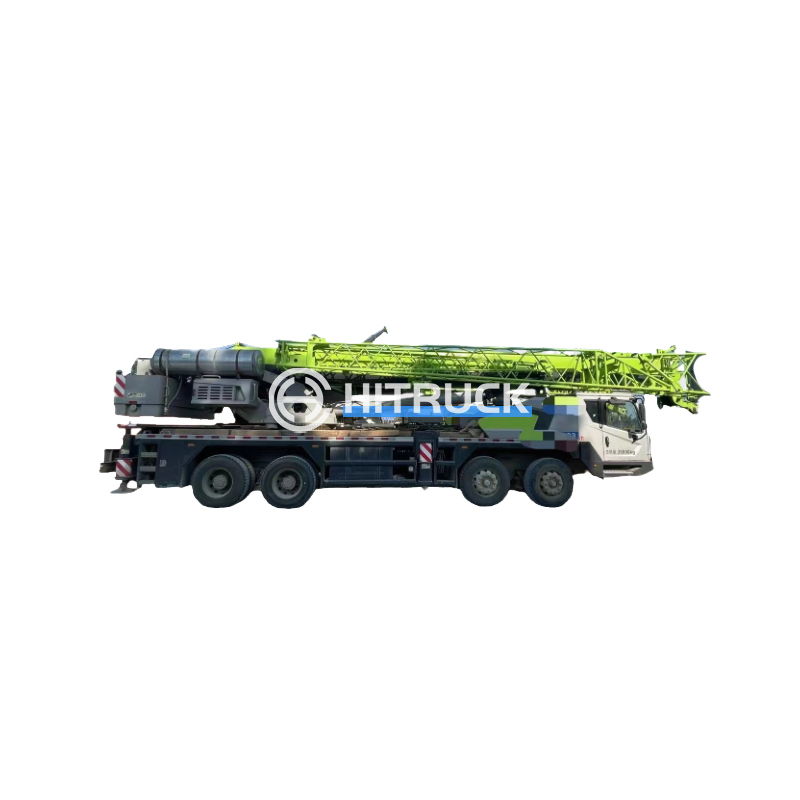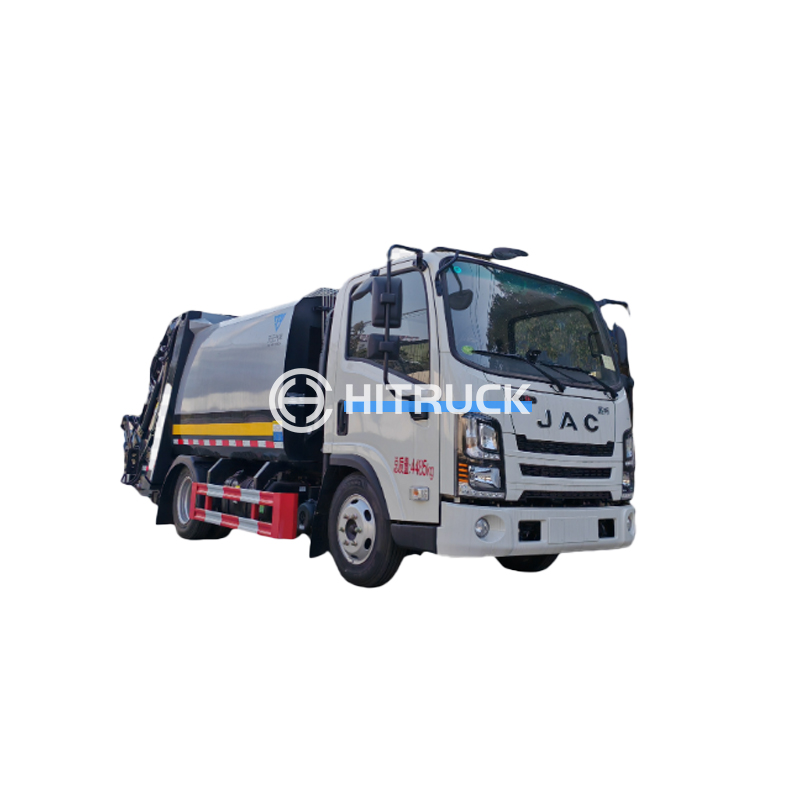This comprehensive guide delves into the fascinating world of fire trucks in the USA, covering their history, different types, technological advancements, and the crucial role they play in emergency response. We'll explore various aspects, from the mechanics of these powerful vehicles to the dedicated personnel who operate them, ensuring community safety. Discover the diverse fleet of fire trucks across the nation and the innovative solutions shaping the future of firefighting.
The history of fire trucks in the USA is rich and intertwined with the evolution of firefighting technology. Early fire-fighting relied on hand-pumped engines and horse-drawn carts. The transition to motorized vehicles revolutionized response times and capabilities. This period witnessed the introduction of innovative features like improved pumps, ladders, and water tanks, significantly enhancing firefighting efficiency. The development of more powerful engines and specialized equipment further redefined the role of fire trucks in emergency response.
Engine companies form the backbone of most fire departments, equipped with powerful pumps and hoses for extinguishing fires. They’re often the first to arrive at the scene, focusing on suppression efforts. The size and capacity of engines vary depending on the needs of the community they serve. Larger urban areas may utilize heavy-duty engines capable of handling high-rise fires and other complex incidents.
Ladder trucks, also known as aerial apparatus, are crucial for accessing elevated areas during fires and rescues. Equipped with extendable ladders, these fire trucks are essential for rescuing people trapped in upper stories and for accessing hard-to-reach fire zones. They're particularly important in urban settings with tall buildings.
Beyond fire suppression, fire trucks often incorporate specialized equipment for various rescue scenarios. Rescue trucks carry tools for extricating people from vehicles after accidents, while hazmat units are designed to handle hazardous materials incidents. The versatility of these vehicles ensures a comprehensive response to a wide range of emergencies.
Modern fire trucks in the USA incorporate cutting-edge technology to enhance safety and efficiency. Features like advanced braking systems, improved visibility systems, and enhanced communication technologies are now standard. Technological advancements are continuously improving the response and safety of firefighters and the communities they serve. The integration of GPS tracking and real-time data analysis further optimizes resource allocation and response strategies.
The future of firefighting involves ongoing innovation. We're seeing the incorporation of alternative fuels, such as electric and hybrid powertrains, to reduce emissions and improve sustainability. The development of advanced materials and lighter designs also leads to improved fuel efficiency and maneuverability. The use of drones and other technologies is transforming how fire departments assess and respond to incidents.
For those interested in purchasing fire trucks for their fire department or for other legitimate purposes, thorough research is crucial. It's essential to determine the specific needs of your community or operation and choose a vehicle that matches those requirements. Specifications, maintenance costs, and long-term sustainability should all be factored into the decision-making process. You might consider contacting equipment suppliers like Suizhou Haicang Automobile sales Co., LTD for more information on available options and to discuss your specific needs.
| Type of Fire Truck | Key Features | Typical Uses |
|---|---|---|
| Engine Company | High-capacity water tank, powerful pump | Fire suppression, initial attack |
| Ladder Truck | Extendable ladder, rescue equipment | High-rise rescues, accessing elevated areas |
| Rescue Truck | Hydraulic rescue tools, specialized equipment | Vehicle extrication, technical rescues |
Note: Information provided is for general knowledge and informational purposes only. For specific details and requirements, always consult official sources and relevant professionals.












